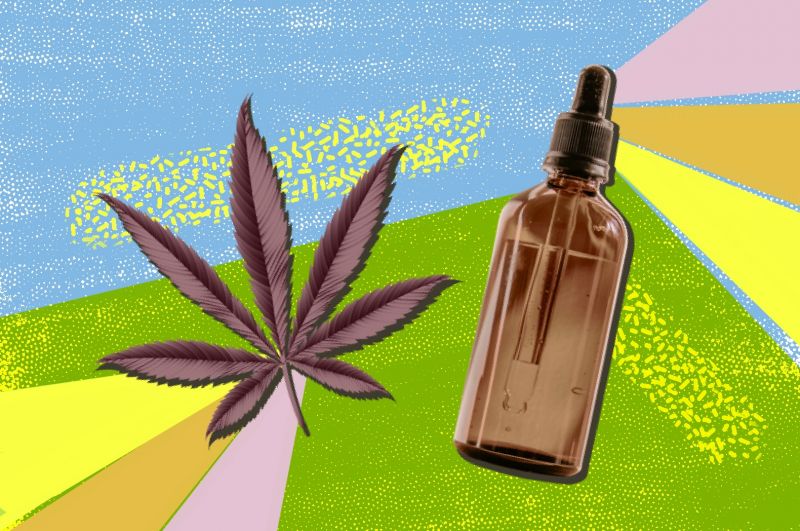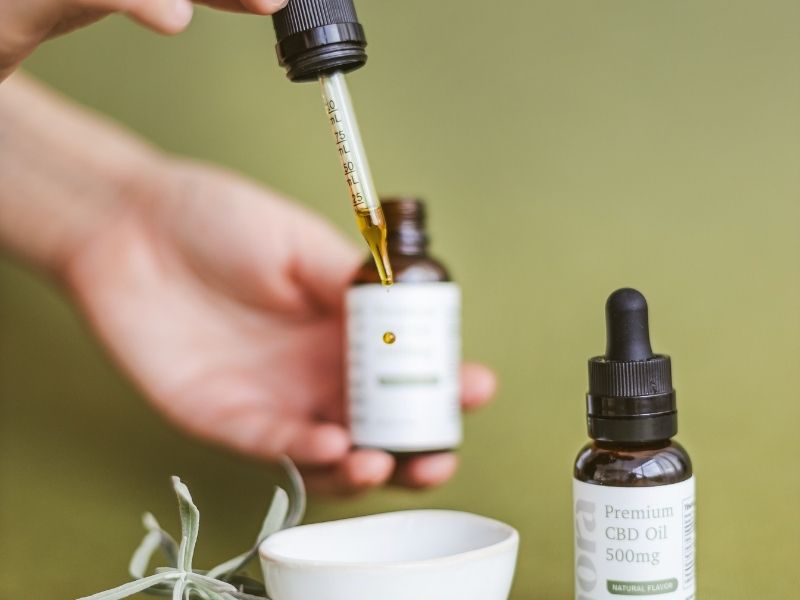
06/10/2021 The letters CBD are just about everywhere these days. But what is it? Where's it come from? Is it legal? Let's dig deeper for the answers.
The second most abundant chemical within cannabis is CBD.
CBD stands for cannabidiol. It is a phytocannabinoid (phyto=plant) naturally occurring in hemp and cannabis plants. Over 100 chemical compounds have been isolated and identified in hemp and cannabis to date. As more scientific studies are conducted, more chemicals are being discovered.
Scientifically known as Cannabis Sativa, hemp and cannabis (marijuana) are two different plants, however, they are pretty close cousins. This is the reason they hold some similar properties or traits. Hemp can be cultivated to be used for industrial purposes like fiber for clothing or building materials.
Hemp is also grown for medicinal properties. CBD oil is extracted from cannabis or hemp and manufactured into an array of products.
A few products that contain CBD are topical lotions, creams, or roll-ons that are reported to help with muscle aches and pains. There are edible items such as gummies, chocolate, mints, and gourmet selections. The abundance of products that can be infused with cannabinoids is astounding.
Is CBD Legal?
In the United States, the Hemp Farm Bill of 2018 was passed. It effectively removed hemp from being a controlled substance. This allows for the cultivation and production of hemp products. Some municipalities have opted out of allowing hemp or CBD products to be sold.
The passage of the Hemp Bill produced an enormous amount of interest in growing hemp. It seems to be just about everywhere. Along with hemp, came the vast quantity of CBD products out on the market.
So at this time hemp is legal almost everywhere. However, because there was vagueness written in the Hemp Bill over the extraction of cannabinoids for medical purposes and nutritional supplements, CBD and other cannabinoids remain in a grey area.
According to the FDA, CBD is not authorized to be added to food or beverages or as a nutritional supplement. Much more research needs to be done to satisfy the federal government that hemp and cannabis are safe to consume.
CBD is one of the many cannabinoids that might hold some medical benefits. Some other cannabinoids in cannabis and hemp are called CBN and CBG. They are important compounds too but occur in much smaller quantities.
Terpenes are another type of compound naturally occurring in hemp and cannabis. Terpenes are in many kinds of plants. They are the aroma or flavor of the plant.
Does CBD Give You a "High"?
The short and long answer to this is 'No'. Only one phytocannabinoid, of the presently known cannabinoids, will produce a psychological "high". This compound is called THC or scientifically known as delta-9 tetrahydrocannabinol. It is only produced in cannabis.
I know it can be a mouthful to pronounce! Just know it is THC. Another way to remember it is to use a mnemonic reference like this: THC. The High Chemical.
Hemp, on the other hand, is classified as such when the cannabis plant has a concentration of less than .3% of THC. A non-psychoactive variety of cannabis Sativa or hemp is cultivated for medicinal use. With just CBD alone, there's no associated high.

In Frame: CBD oil
What Are CBD's Main Benefits?
CBD is being studied for results of possible health benefits to humans and animals. Researchers' analyses of CBDs are showing promise in anti-inflammatory, antibacterial and antifungal treatments and examining any side effects.
Anxiety and depression have been treated with CBD therapy. Some people report having a clearer focus while performing mental tasks. Some report being able to fall asleep easier. Even more complex diseases are being studied such as epilepsy, and cancer in association with how cannabinoids react to obtain any health benefits.
How much CBD should I take?
Every person is unique. Each person's metabolism is different. There is a lot of advice out on social media. Some advice might be good and some not so good. How do you know what's right?
The rule of thumb for trying any new medical strategy is to take it slow and listen to the responses of your body. Journal about your responses. This gives you an idea of what works and what doesn't. Remember slow and steady.
It is highly recommended to discuss any new treatment plan with a doctor before putting it into practice. There are a growing number of physicians certified with cannabis training. They would be a good resource for your medical issues, medications, and the addition of any cannabinoid to your case.
Written by Teresa Martin, Copywriter: Cannabis, Hemp, Medical
TAGS:






